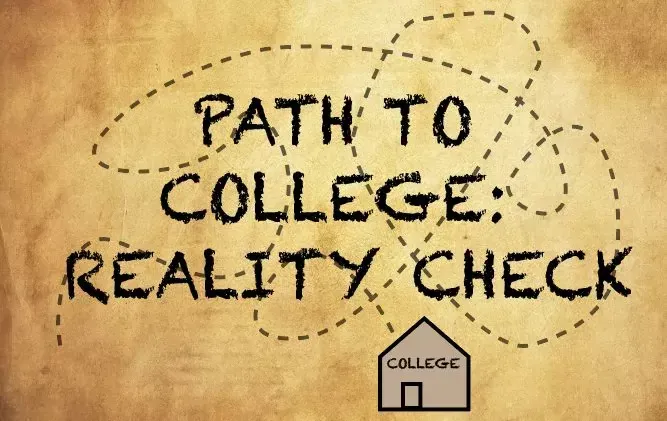You’ve Been Deferred. Now What?
In the Spirit of - More College Admissions Fun - Let’s talk about Deferrals

First of all, and not to be flippant, join the club. When a student's college application is deferred into the regular decision pool, it means that their application was not accepted
or rejected during the early decision or early action application process, but has been moved to the regular decision pool of applicants.
A deferral usually happens for one of three reasons:
- When the admissions committee wants to review the student's application again in the context of the regular decision applicant pool.
- When they need more information or clarification before making a final decision.
- When they are focused on protecting their yield. Let’s take a deeper dive into what’s behind door number three because this reason seems to be in very large supply as this application cycle unfolds.
Yield in college admissions refers to the percent of students who choose to enroll in a particular college or university after having been admitted. Colleges use their
yield rate in a number of ways, including to advertise their selectivity, which makes them look more desirable or exclusive to applicants; it impacts their overall enrollment numbers, which can affect their ranking, funding, and reputation. Schools also use the yield rate to predict how many students need to be admitted to fill the incoming class–this makes administration easier. For example: If a college needs to fill their incoming class with 1000 students and their yield rate is 50%, their admissions team knows they’ll need to admit 2000 students to fill their class, because half of the admitted students typically enroll.
Yield protection in college admissions refers to the efforts made/strategy used by colleges and universities to maximize the number of admitted students who actually enroll and attend the college, a/k/a increase their yield rate.
In essence, they reject highly qualified applicants who they believe won’t enroll if accepted. By rejecting these students, the school is able to better control their yield rate. To protect their yield, colleges may use a variety of strategies, including offering scholarships or financial aid, creating special programs for admitted students, and offering personalized support during the college decision process. In some cases, colleges may also admit fewer students in their early decision or early action rounds and reserve spots for students who are deferred or waitlisted, in the hopes that they will choose to enroll if they are offered admission later. And this is what we are seeing lots of in this application cycle.
It's important for students to understand that being deferred into the regular decision pool does not guarantee admission to the college. It means that the admissions committee needs more time to review the student's application, (taking into consideration yield protection) before making a final decision. Students who are deferred should not take it as a negative reflection on their qualifications, but should instead use the time to continue to show their interest in the college and to provide any additional information or clarification that the admissions committee may need.
My colleagues and I are in the midst of dealing with the fallout of the enormous amount of deferrals we are seeing this cycle. A deferral, while not as torturous as being
Waitlisted,
is a delay in the college admissions process, which only adds to the stress and uncertainty of an already demanding and arduous process. That said, while we may be a little shocked we are not surprised at the deferral of so many highly accomplished students. What is a little different this year and honestly, even more surprising is that many deferrals are coming not just from the highly rejectives, but from flagship schools, state schools and even the small liberal arts colleges.










